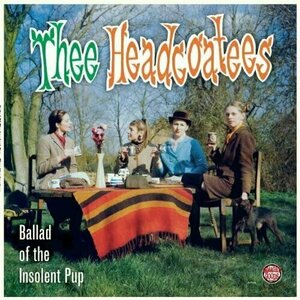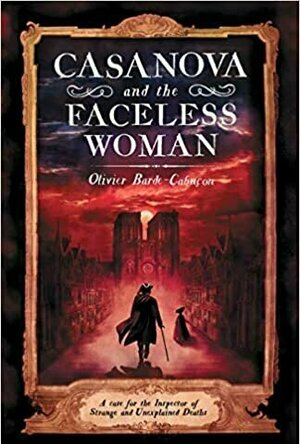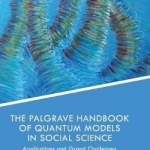
The Palgrave Handbook of Quantum Models in Social Science: Applications and Grand Challenges
Emmanuel Haven and Andrei Khrennikov
Book
It is not intuitive to accept that there exists a link between quantum physical systems and...
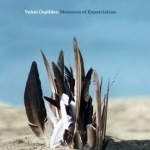
Measures of Expatriation
Book
'Expatriation: my having had a patria, a fatherland, to leave, did not occur to me until I was...
Kathleen Hanna recommended Ballad Of The Insolent Pup by Thee Headcoatees in Music (curated)
This book was quite a slow burner for me. First of all, there is not much progress happening towards the murders, and secondly, it is a very political book. There is a lot of scientific talks about alchemy, potions and other science-related things, that sound interesting, but at the same time doesn’t make sense to me at all. :/ The topics discussed in this book were paedophilia (the king was a paedophile), prostitution, scientific inventions, alchemy, French political affairs, etc. There were not many things happening in this book, and I missed the twists and turns to speed up this book.
The writing style of this book is very rich and sophisticated, the author has to be a true intellectual, who is into philosophy and science. It is a translation from French, that’s why it is filled with French expressions and place names. The chapters were too long for my liking and felt quite draggy sometimes. The ending was quite interesting but didn’t leave me fully satisfied. So, to conclude, it is a very complex novel, filled with refined characters, and very layered and political plot. This book is very beautifully written and I believe that the author is very gifted, to be able to write a book like this, but the reader has to be an intellectual as well, to appreciate and enjoy it. So if you are into 18th century France, and enjoy books about politics and science, this historical thriller will be for you.

Vanity Fair Magazine
Lifestyle and Magazines & Newspapers
App
Redesigned exclusively for iPad and iPhone–subscribe today and get the September 2017 issue! ...

Journaux en Belgique - Belgium Newspapers
News
App
Die meistverkaufte News-App in Großbritannien, Kanada, Italien, Spanien, Deutschland gibt es jetzt...
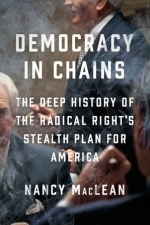
Democracy in Chains
Book
An explosive exposé of the right’s relentless campaign to eliminate unions, suppress voting,...
History Politics
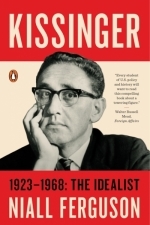
Kissinger: 1923-1968: The Idealist
Book
The definitive biography of Henry Kissinger, based on unprecedented access to his private papers ...
History politics
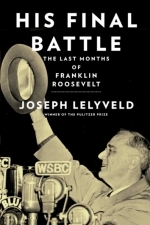
His Final Battle: The Last Months of Franklin Roosevelt
Book
“By far the most enigmatic leading figure” of World War II. That’s how the British military...
Biography history politics
